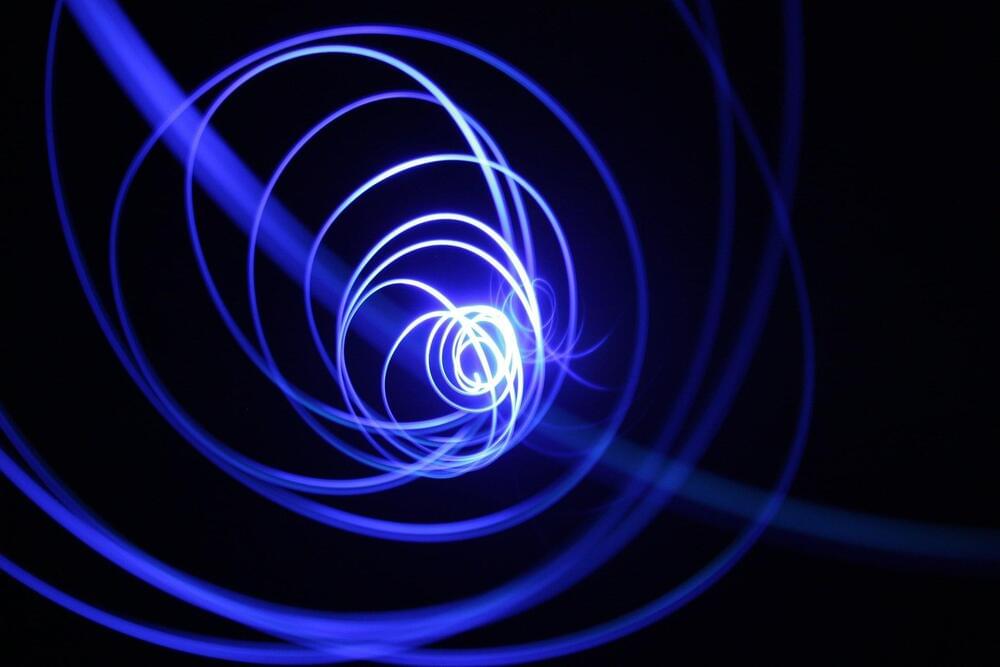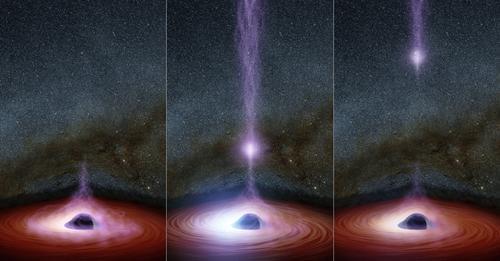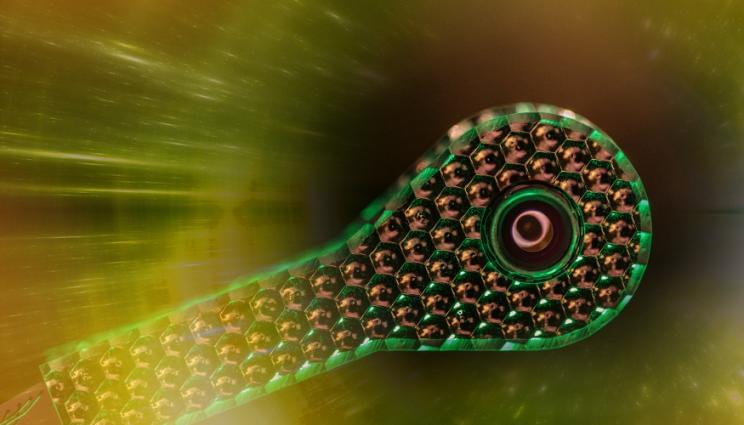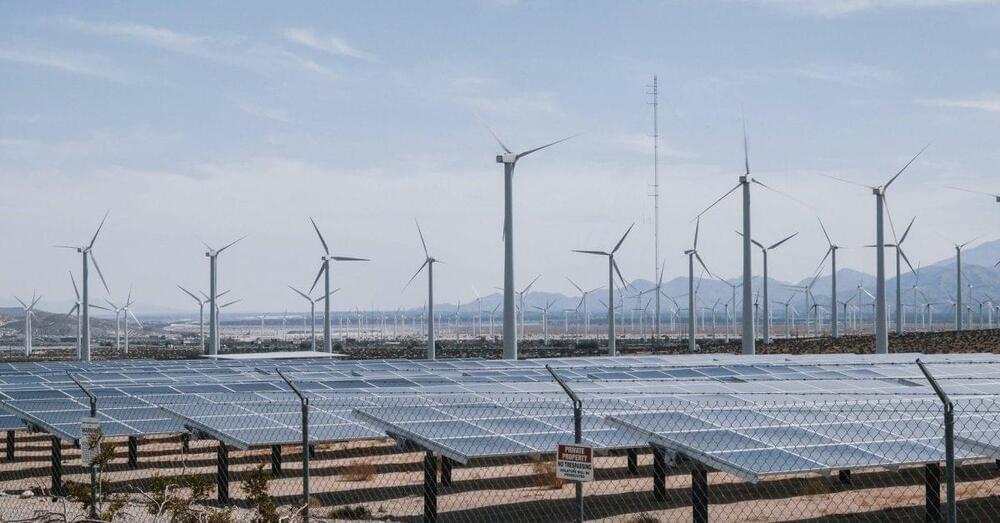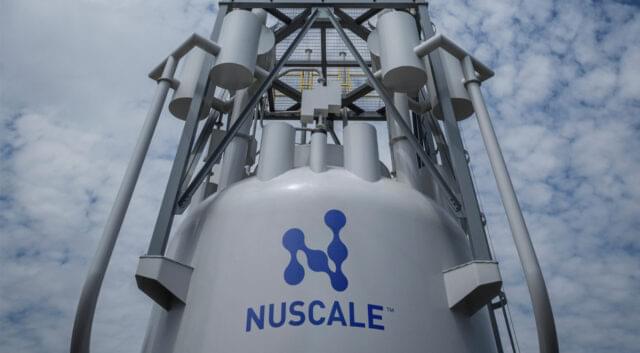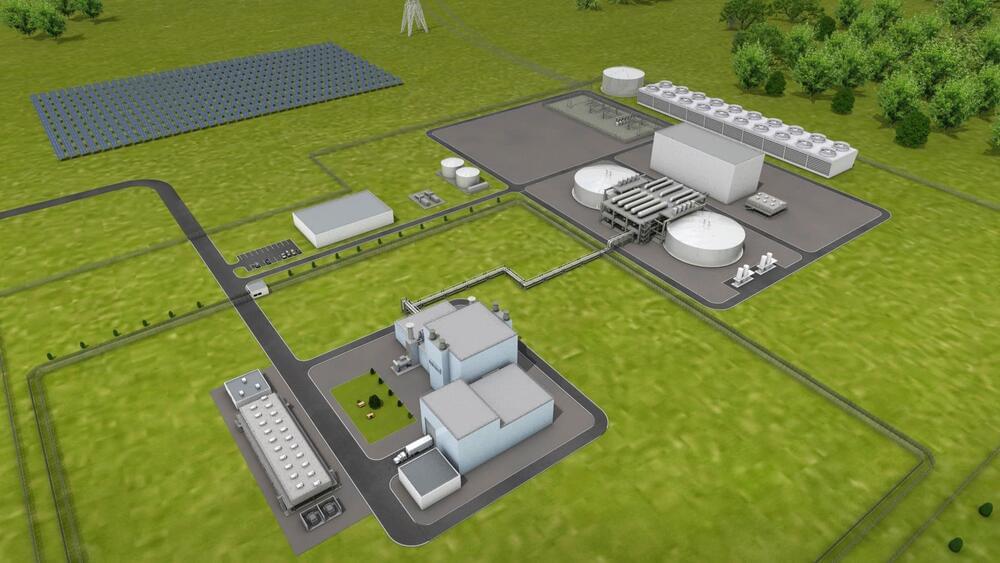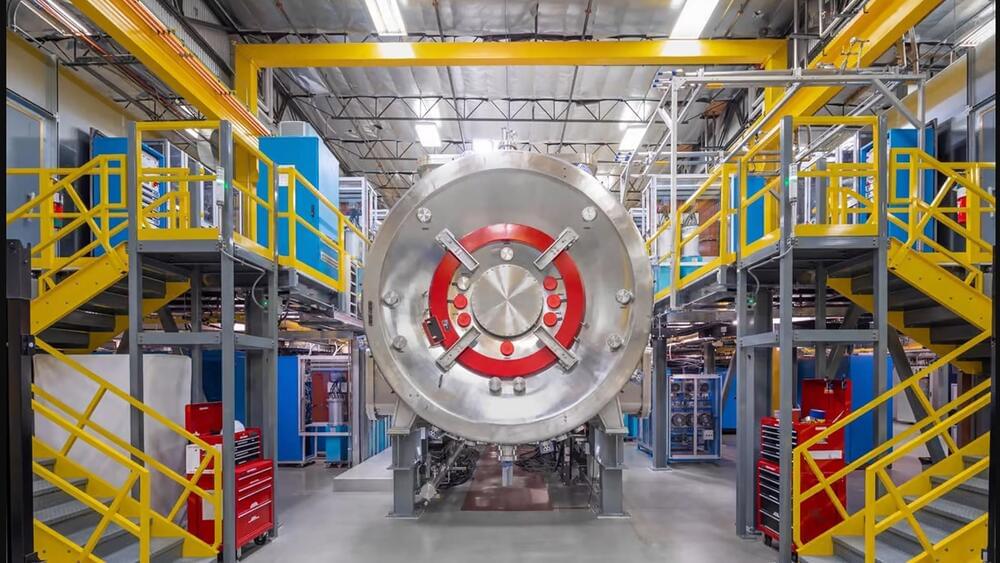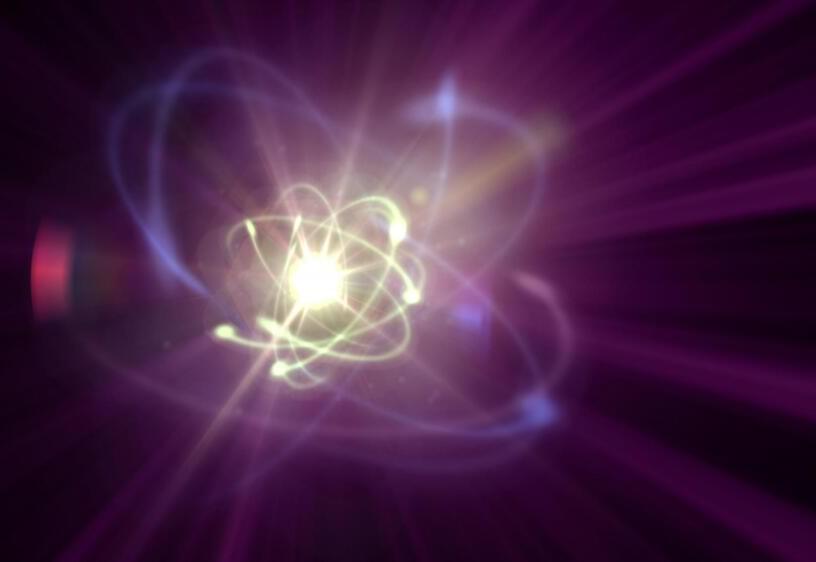Scientists have discovered the remarkable impact of reversing a standard method for combatting a key obstacle to producing fusion energy on Earth. Theorists at the U.S. Department of Energy’s (DOE) Princeton Plasma Physics Laboratory (PPPL) have proposed doing precisely the opposite of the prescribed procedure to sharply improve future results.
Tearing holes in plasma
The problem, called “locked tearing modes,” occurs in all today’s tokamaks, doughnut-shaped magnetic facilities designed to create and control the virtually unlimited fusion power that drives the sun and stars. The instability-caused modes rotate with the hot, charged plasma — the fourth state of matter composed of free electrons and atomic nuclei that fuels fusion reactions —and tear holes called islands in the magnetic field that confines the gas, allowing the leakage of key heat.
